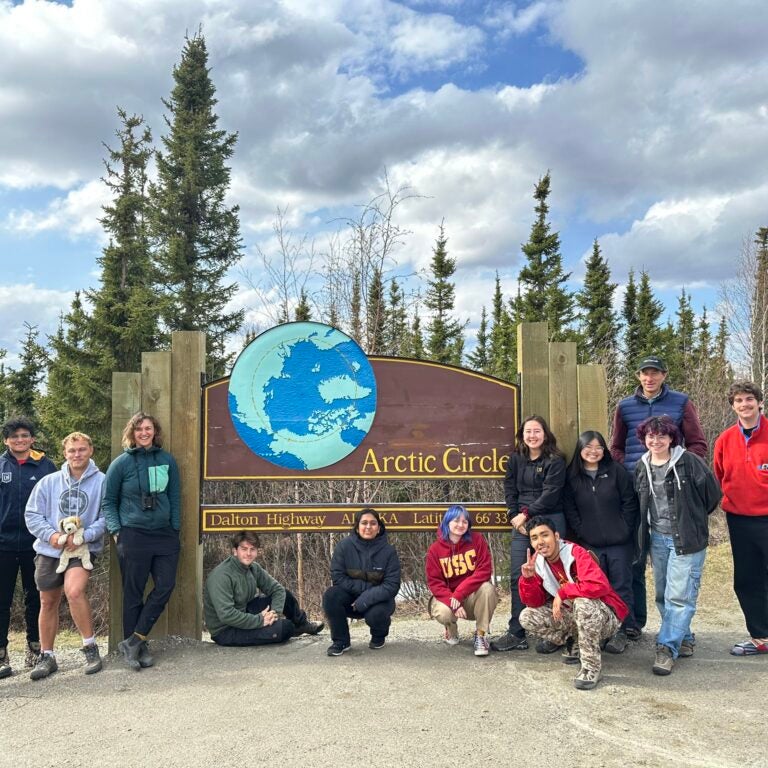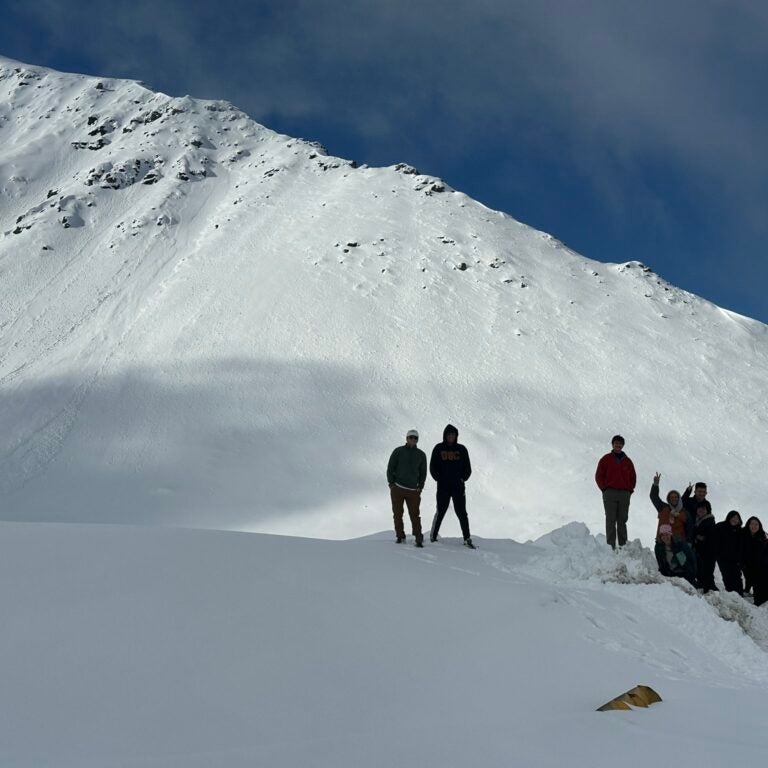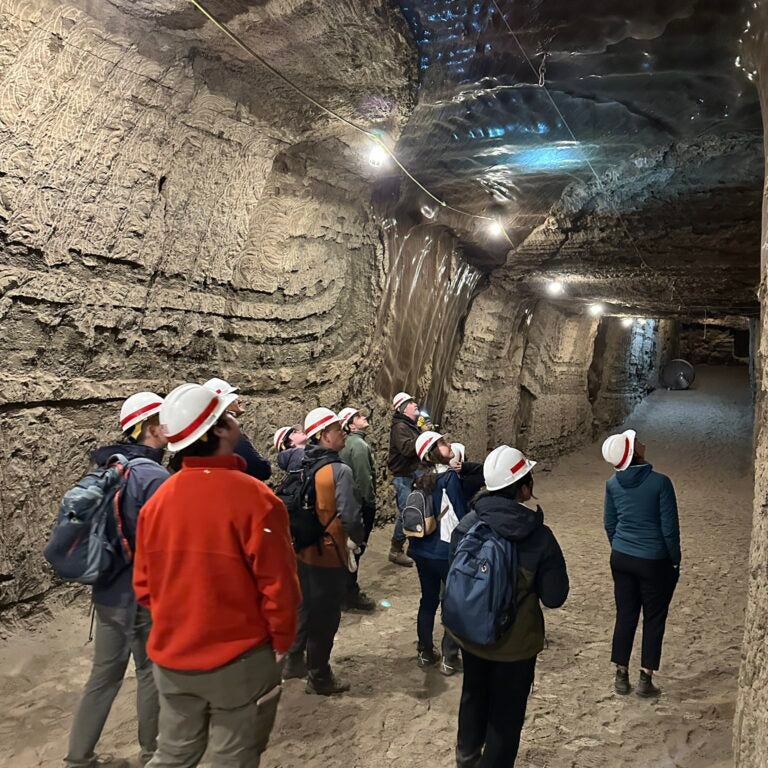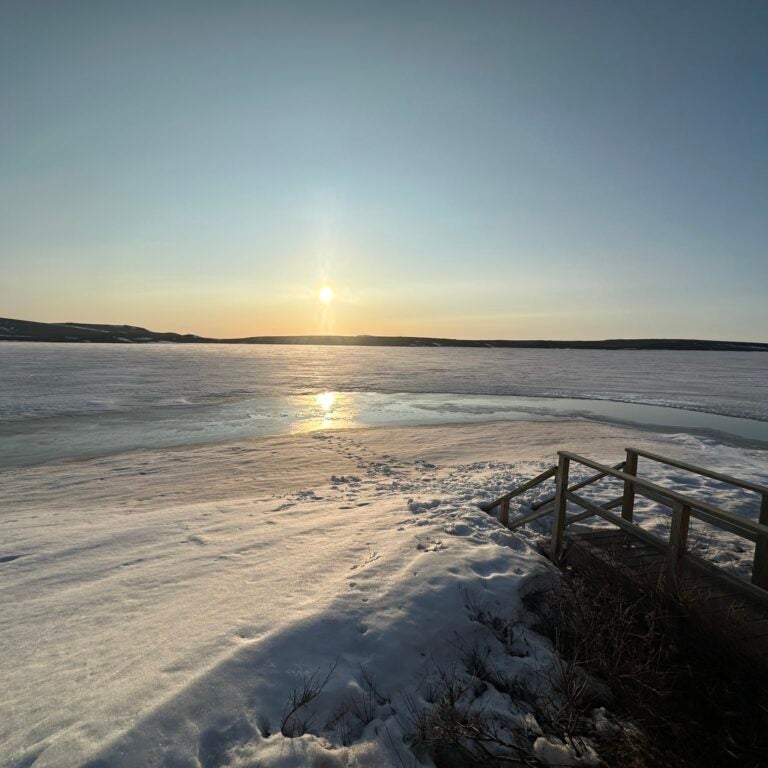Earth Scientists focus on today’s pressing challenges to society: earthquake risk, sustainability, water resources, ocean health, natural resources and societal impact of changing climate/atmospheric chemistry. We also tackle the foremost problems in the earth sciences: the temporal and spatial evolution of life, habitability, the origin and movement of Earth’s crust, deep earth structure and the study of complex chemical cycles.
Global Impact
Looking for PhD Students!
Professors Will Berelson and Josh West are looking for PhD students interested the following topics:
Urban Trees and Air Quality
Urban Trees and Hydrology
The Urban Critical Zone and urban carbon cycle
We have several projects in mind and RA support for a student versed in geo/bio sciences with desire to conduct chemistry and field work. Familiarity with gas measurements desirable. Potential to expand into atmospheric modeling and AI work. But primary effort would be to join a team of geochemists, embedded in a team which includes urban landscape architects and GIS specialists to address the values, costs, benefits of urban vegetation and hardscape. Because your degree would be in Earth Sciences, those who interests aligned most closely with earth system research would be most highly regarded.

USC Earth Sciences at a Glance
50+
Graduate Students
20+
Full Time Faculty
10+
Research and Adjunct Faculty
28th
Earth Sciences graduate program rankings, US News 2022
21+ million
Research Funding
Contact Us
Main Office
Department of Earth Sciences
Zumberge Hall of Science (ZHS)
3651 Trousdale Pkwy
Los Angeles, CA 90089-0740









